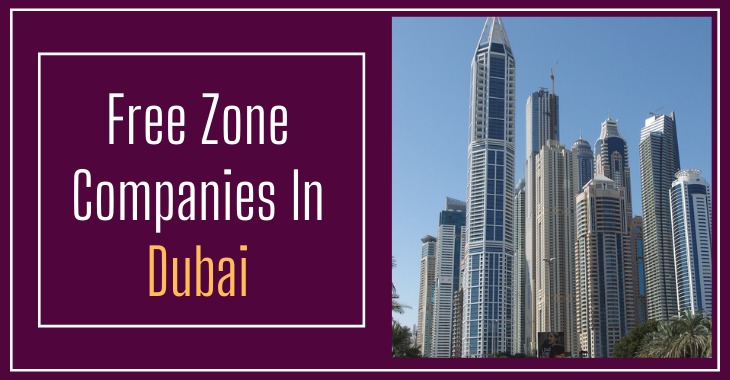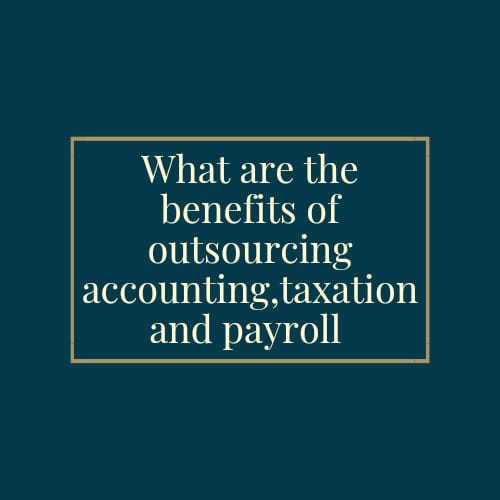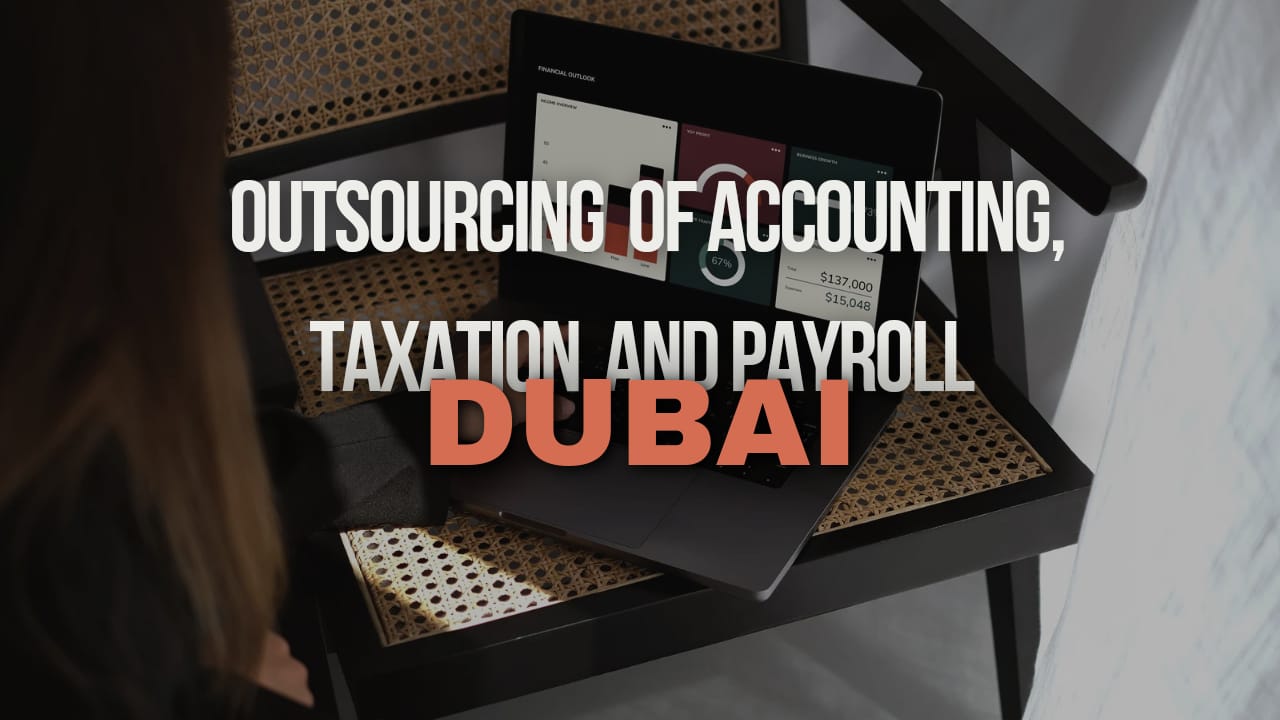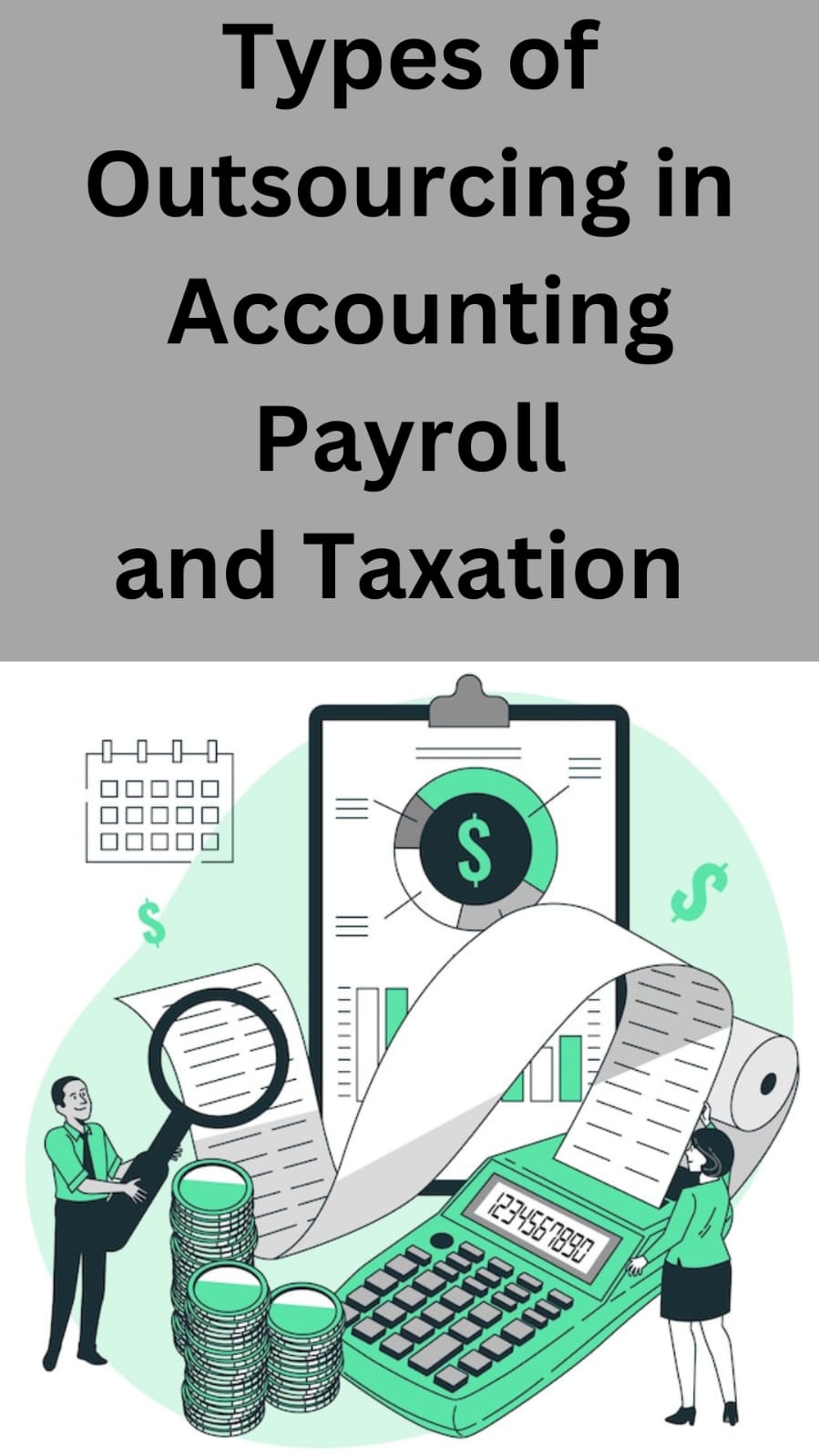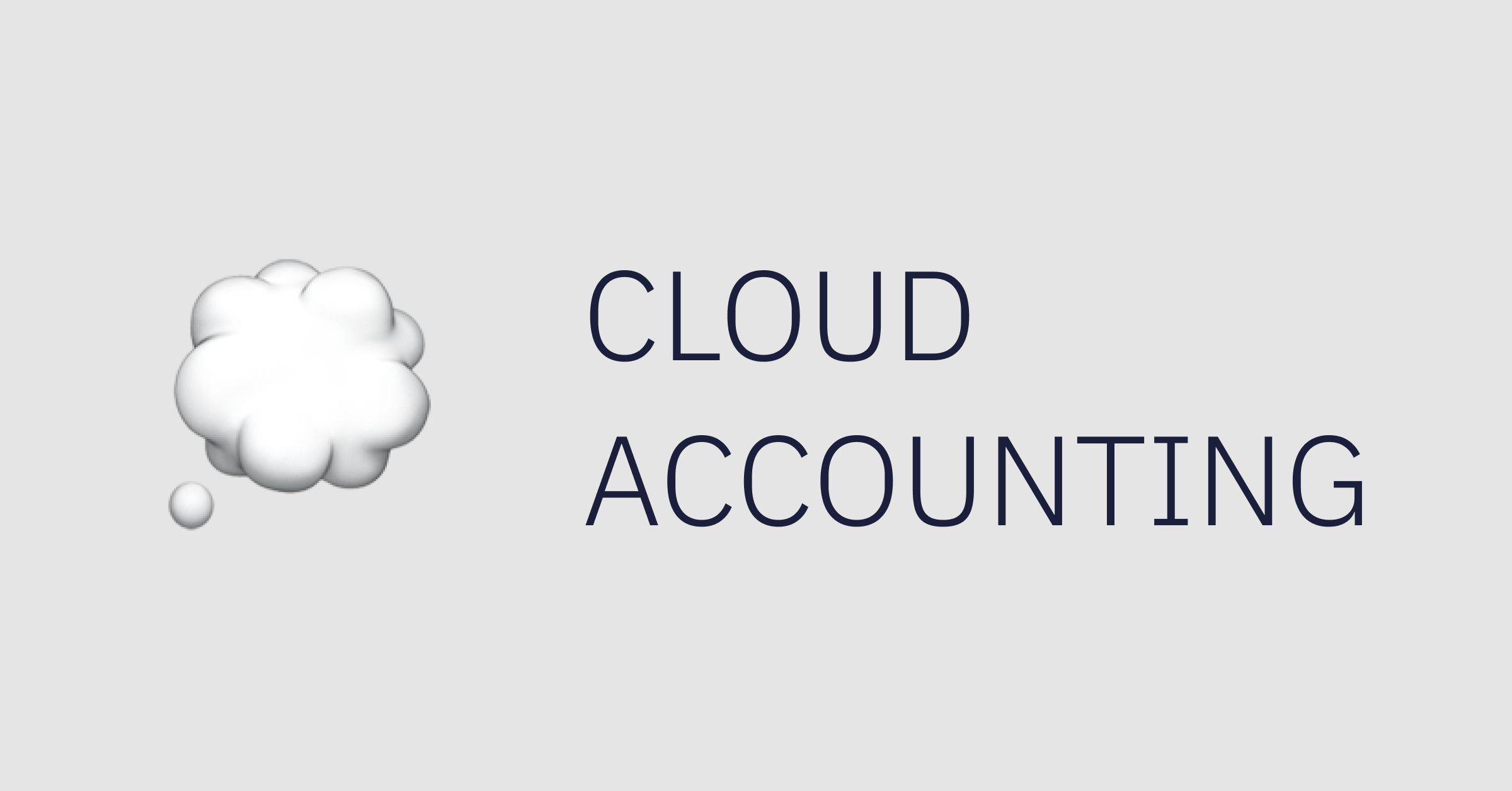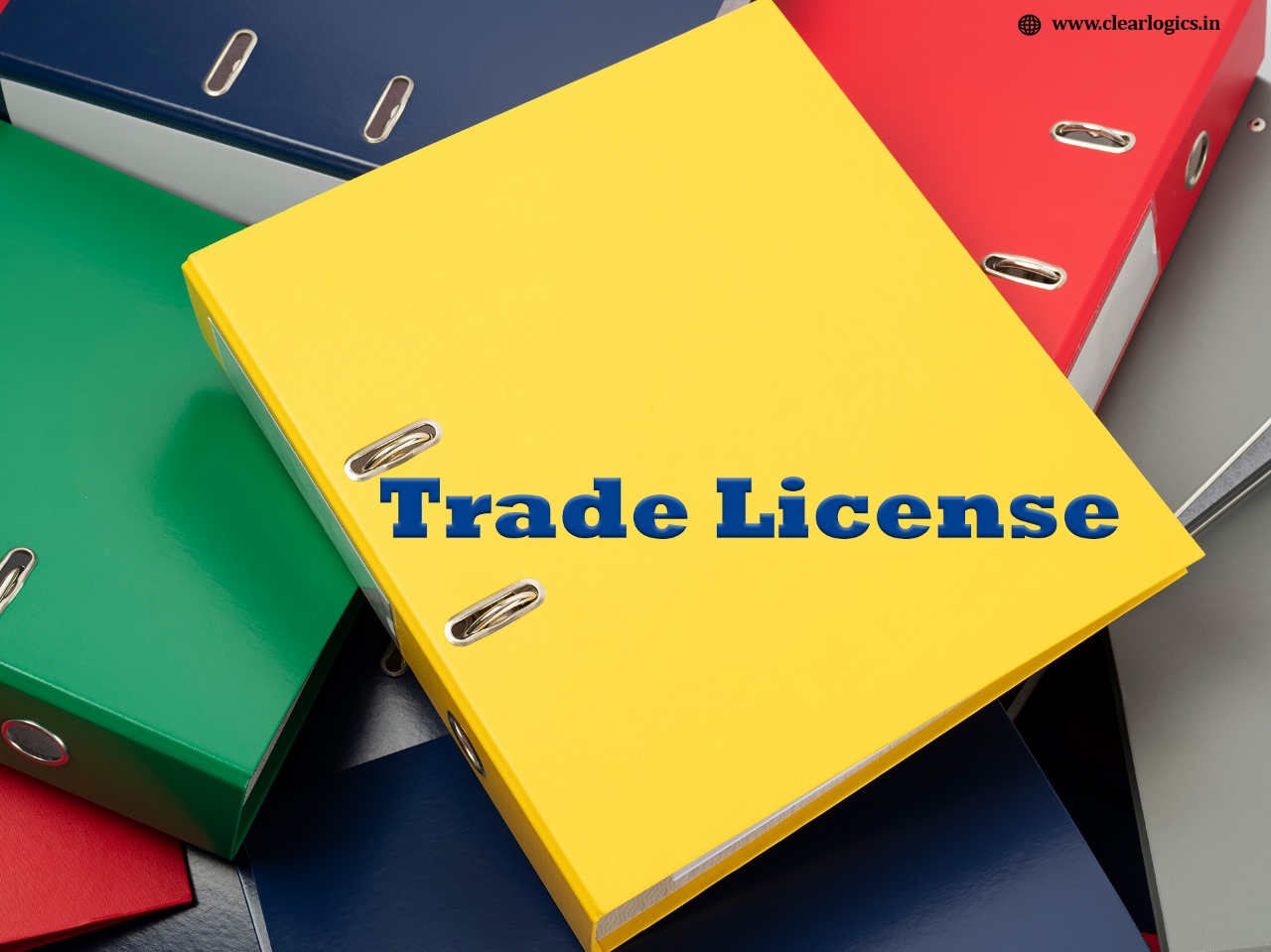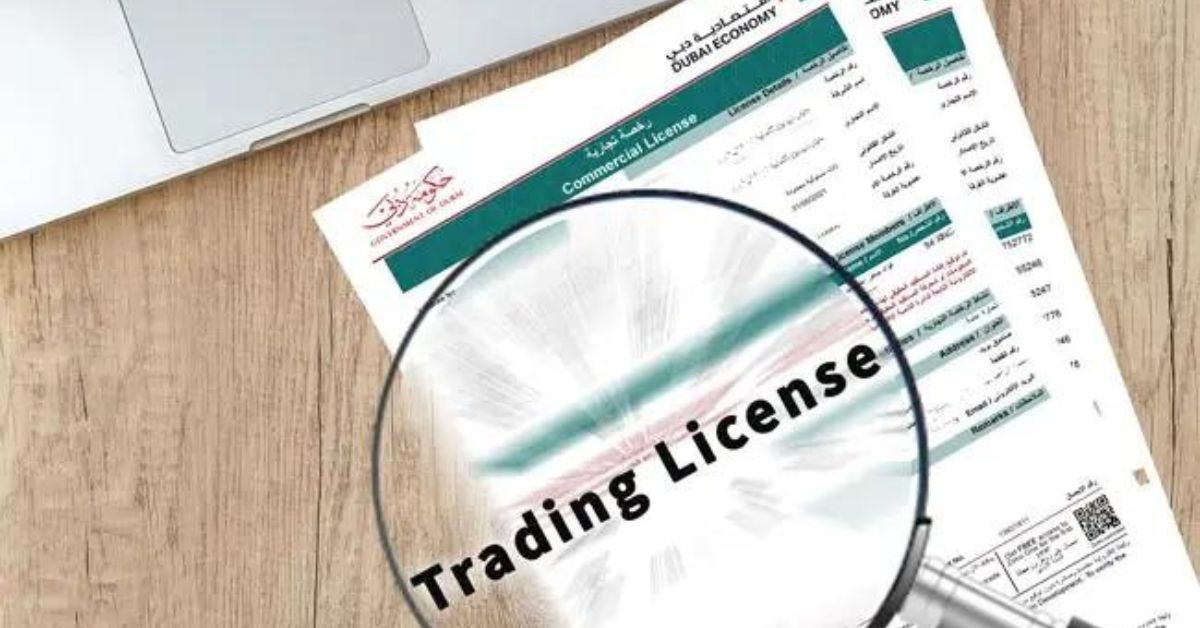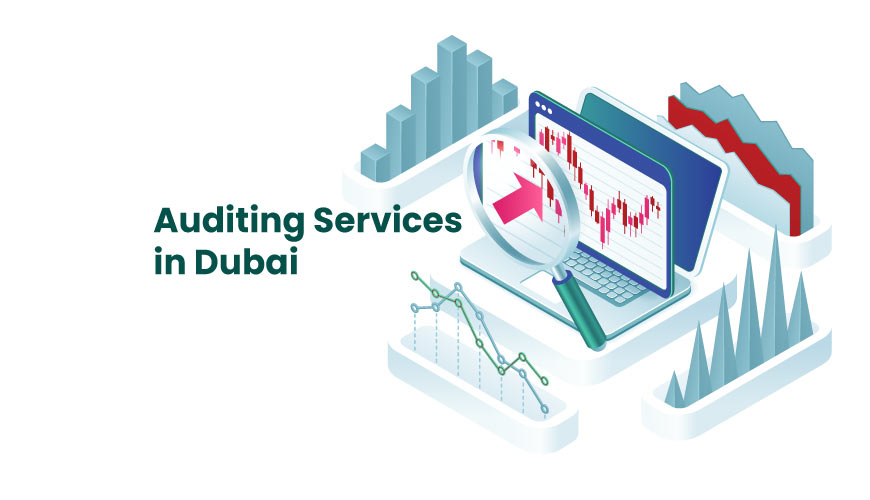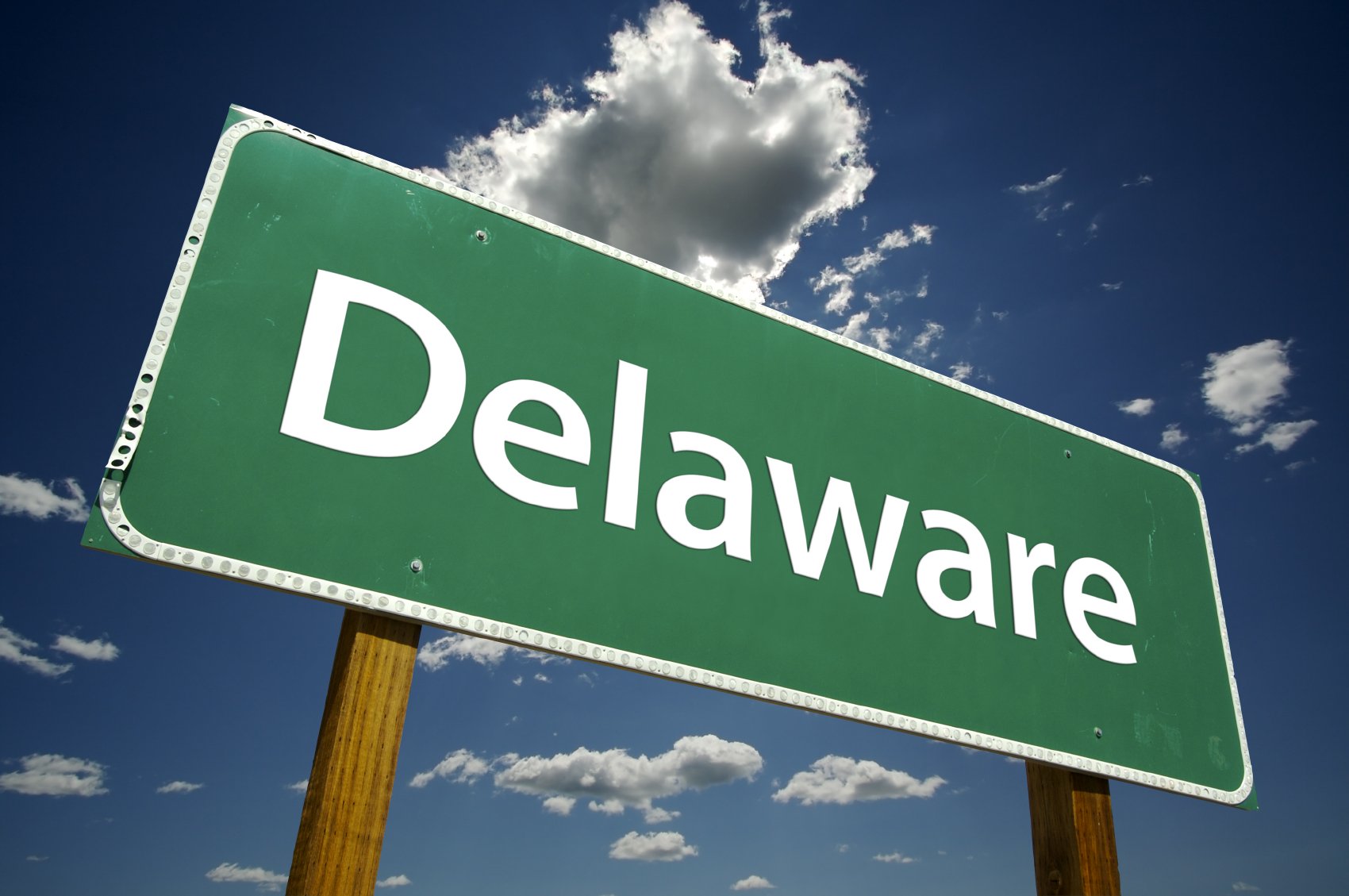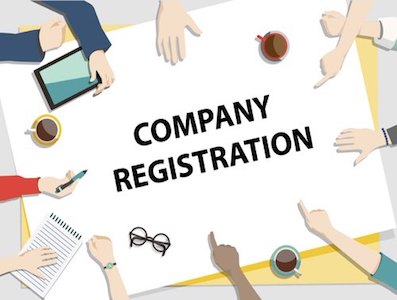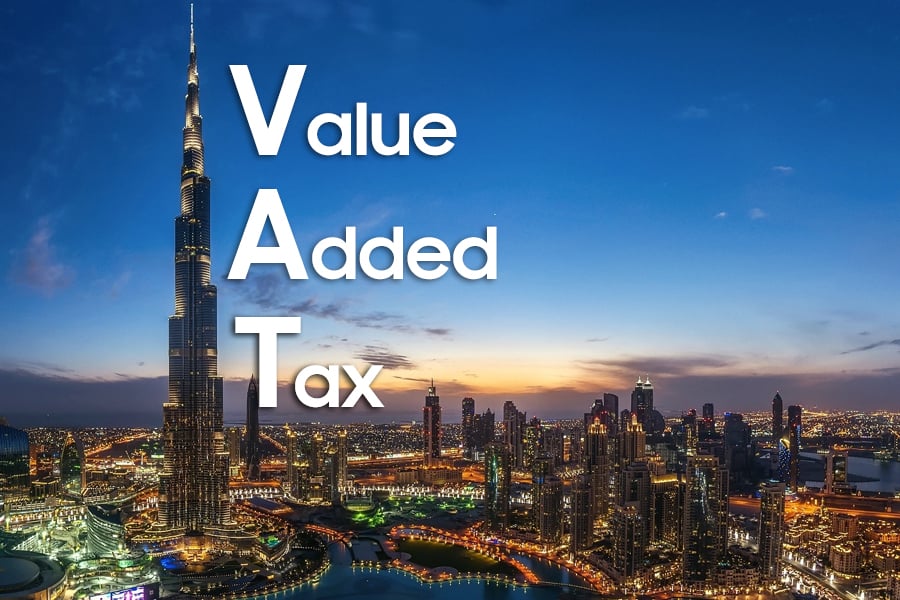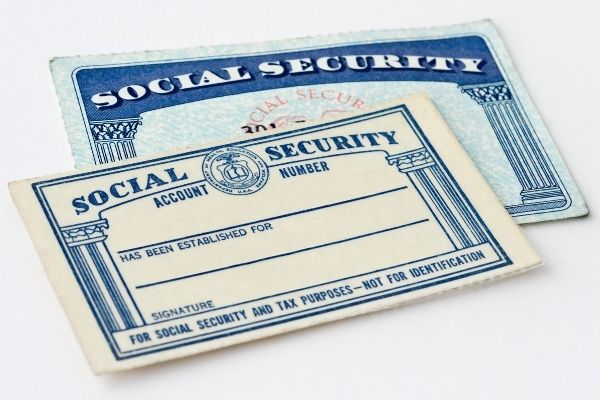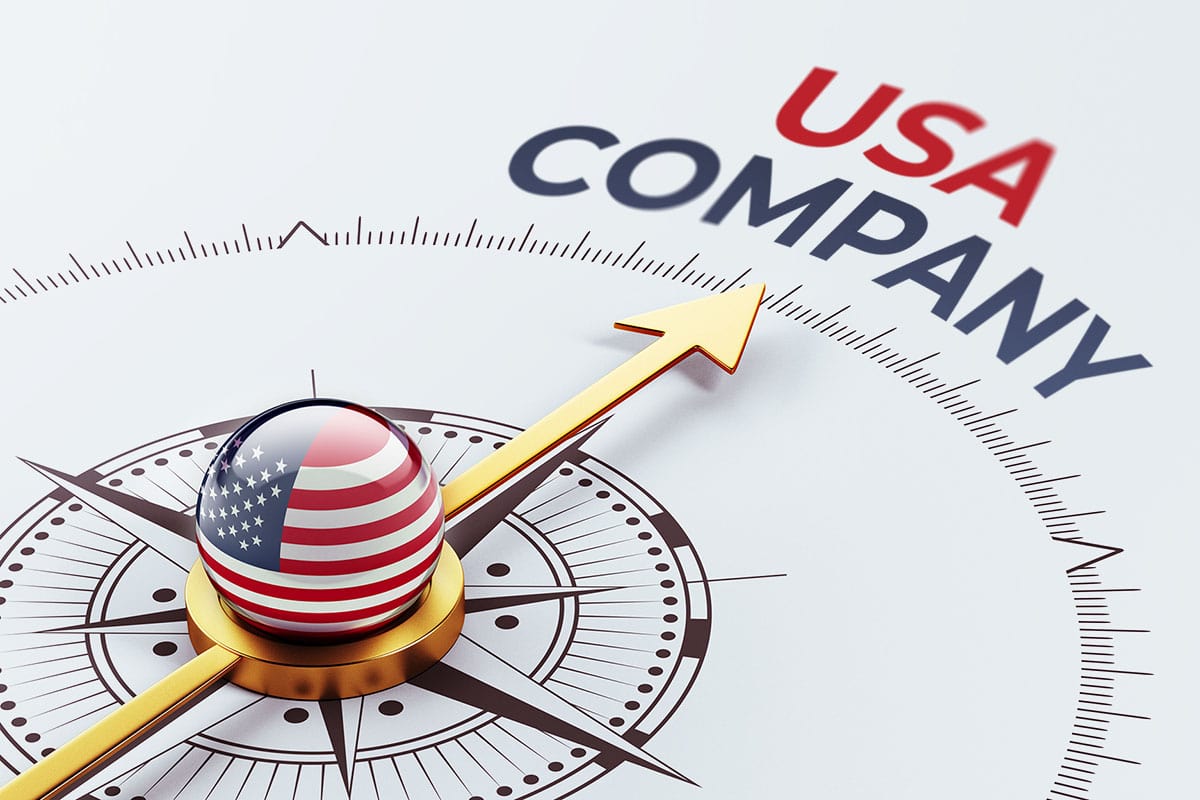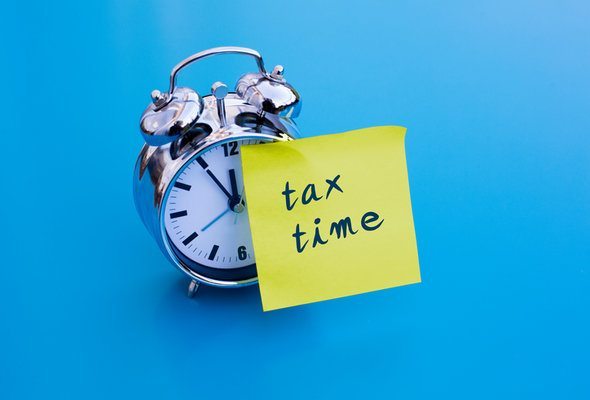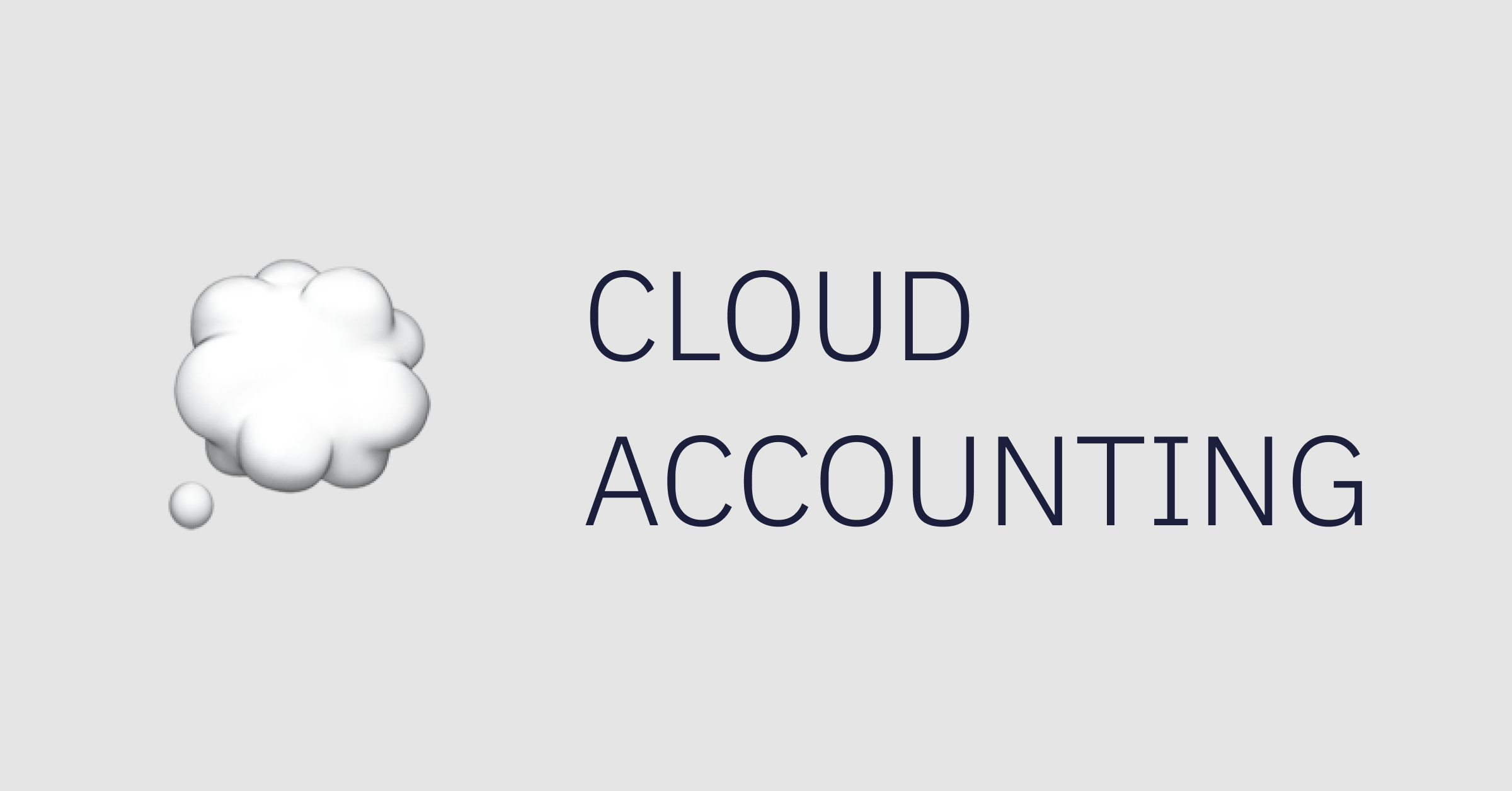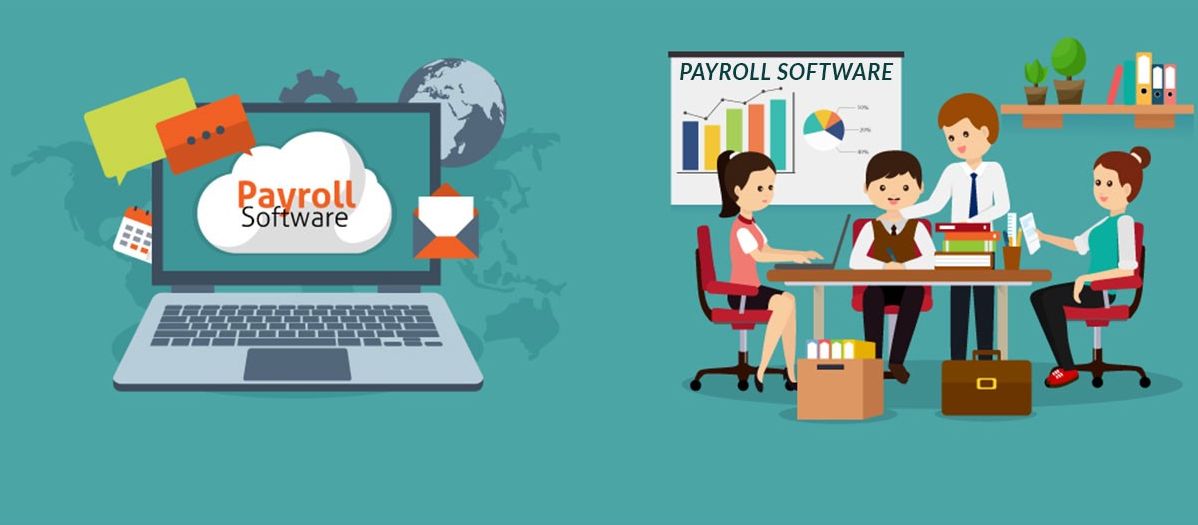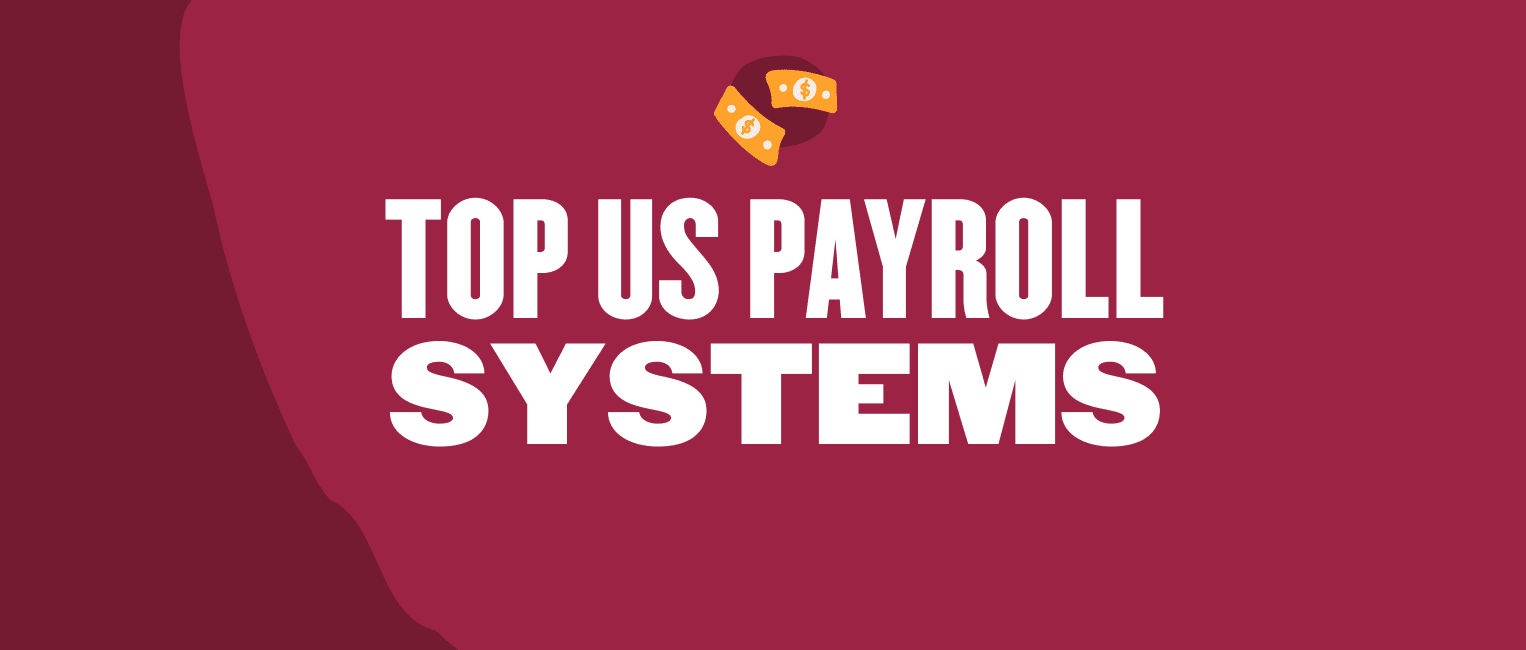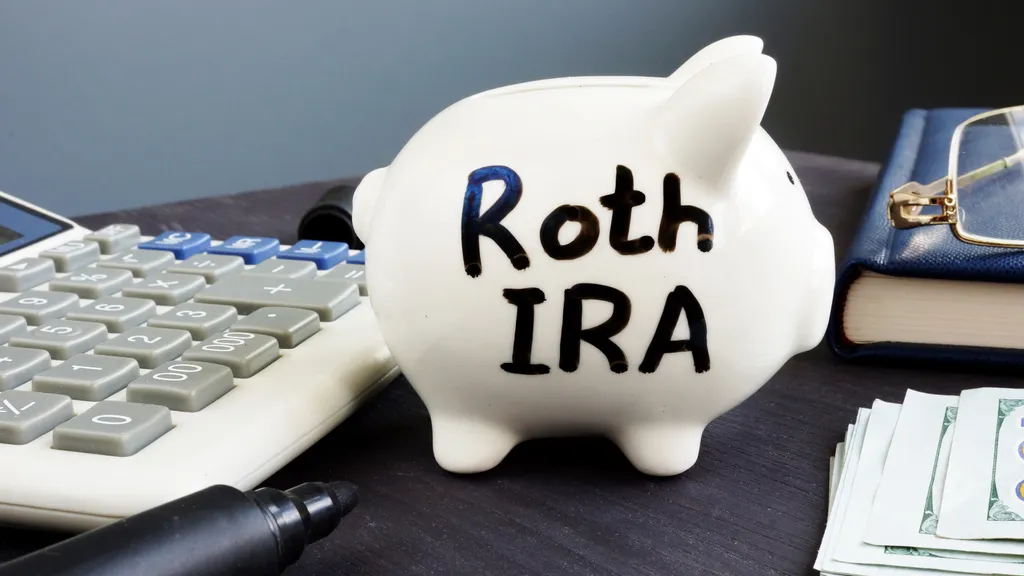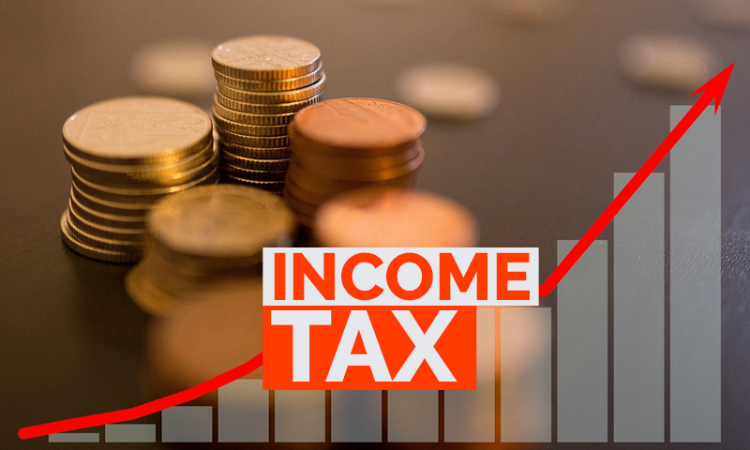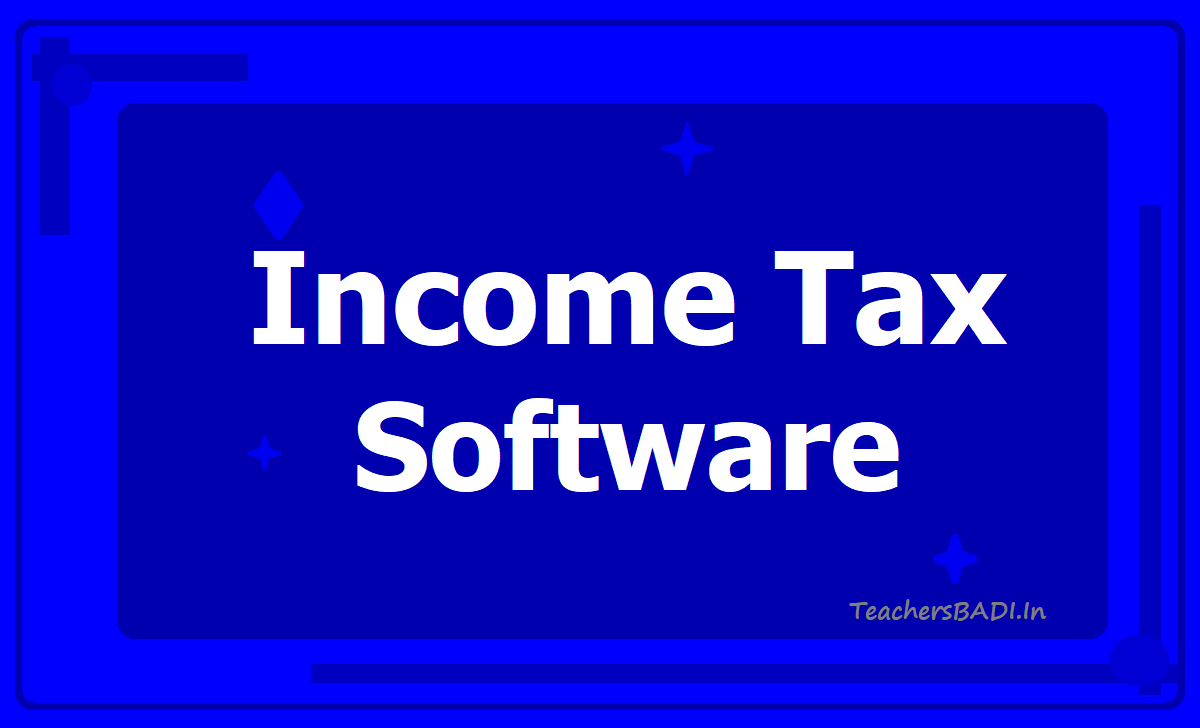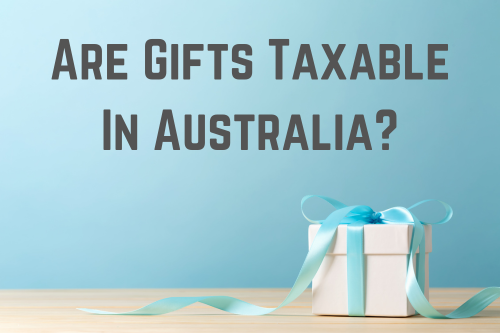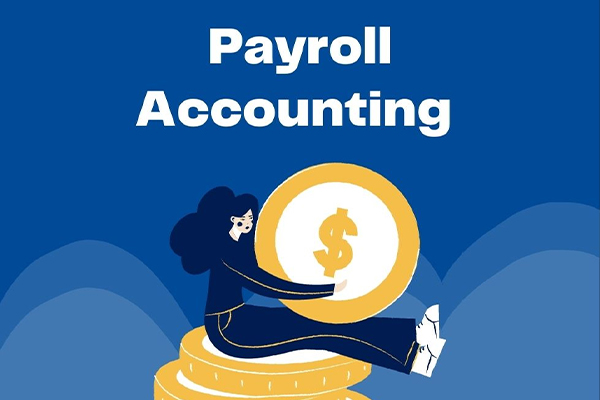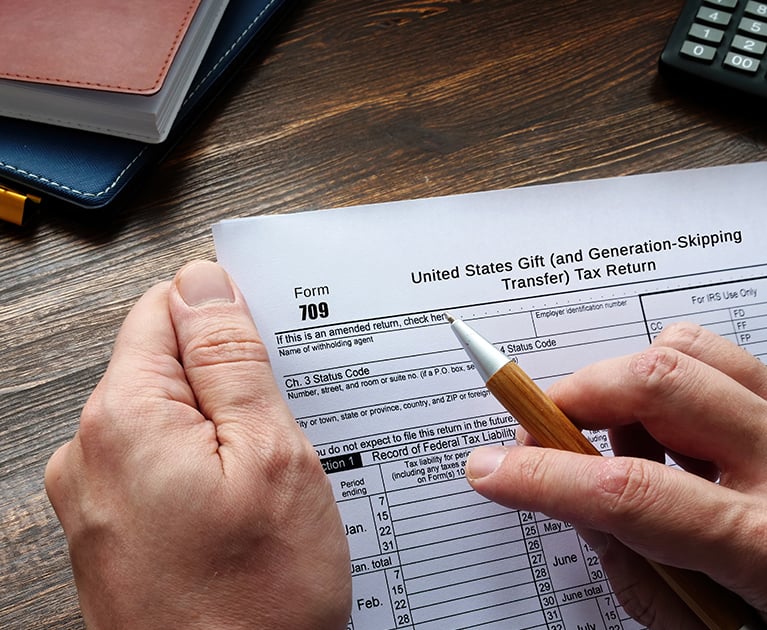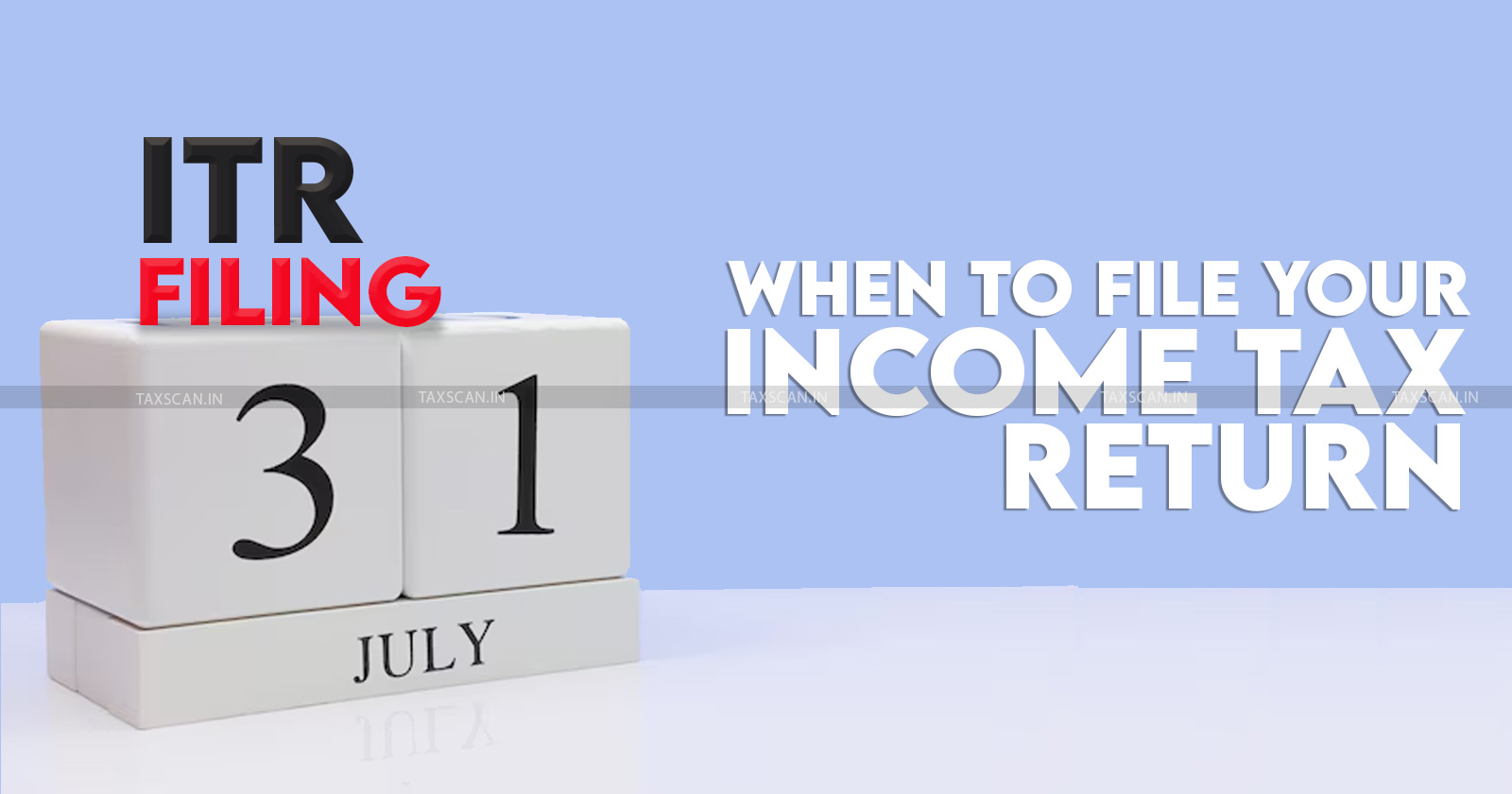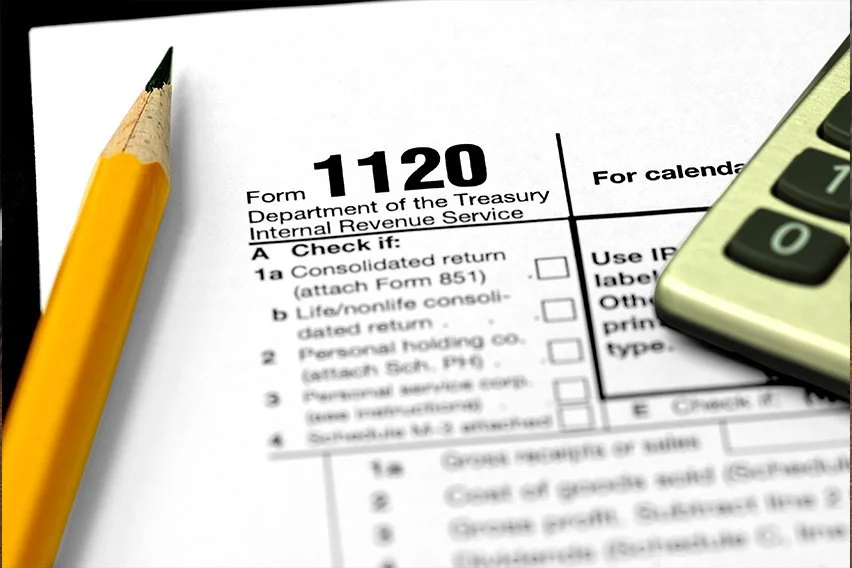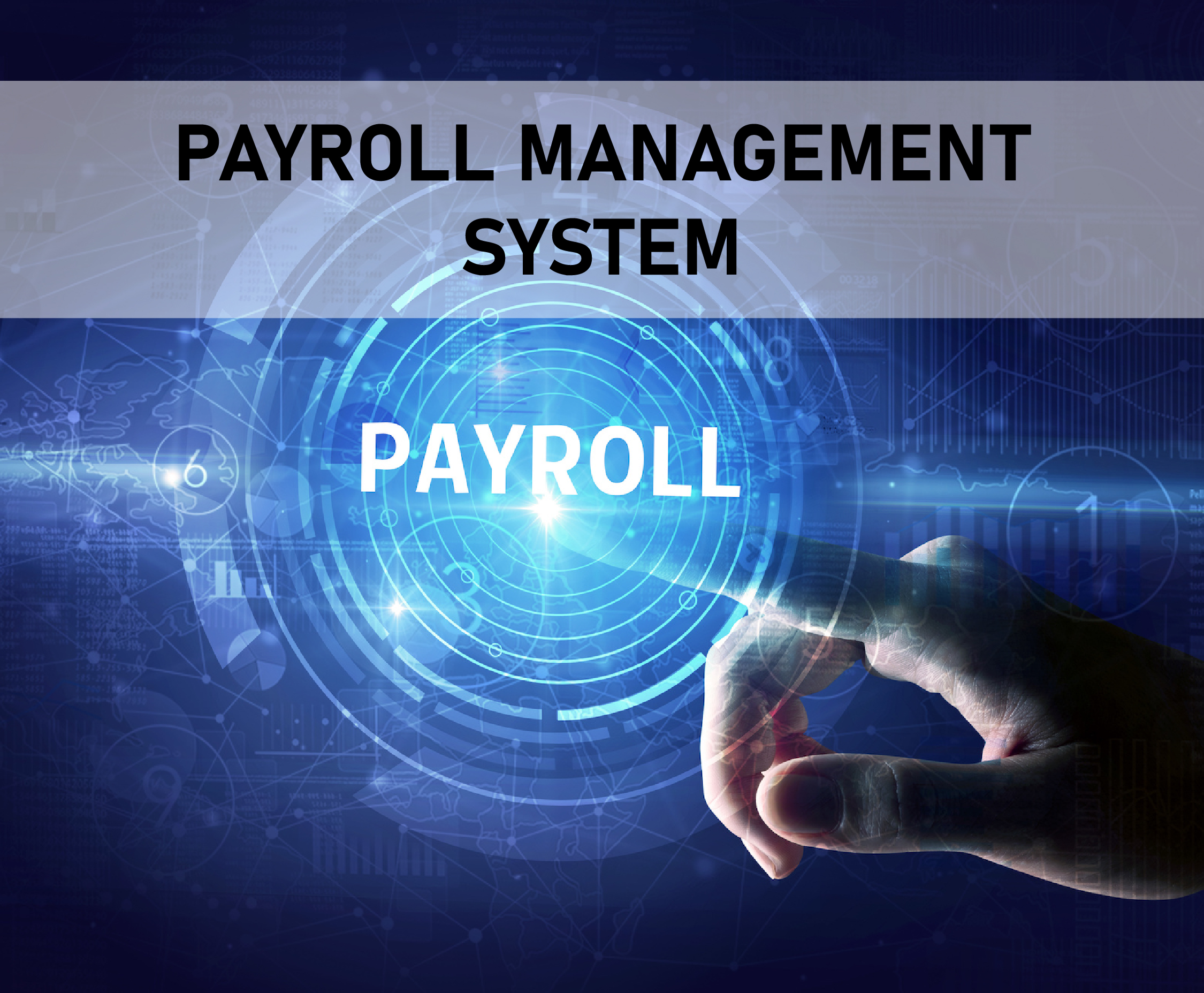Freezone in Dubai

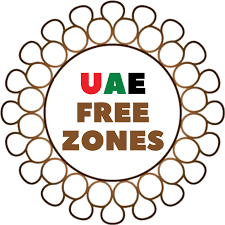
1.100% Foreign Ownership
Unlike businesses outside of freezones, where local sponsorship is typically required, companies in Dubai's freezones can be entirely owned by foreign investors. This provision is a significant draw for international businesses looking to establish a presence in the region.
2.Tax Benefits
Freezone companies enjoy several tax advantages, including exemption from corporate tax, personal income tax, and customs duties. These benefits are typically granted for a specific period, often renewable, making Dubai freezones highly attractive for businesses seeking cost efficiency.
3.Simplified Business Setup
The process of setting up a business in a Dubai freezone is streamlined and efficient. Freezones offer a one-stop-shop approach, providing services such as licensing, visa processing, and administrative support in one place. This ease of doing business has made Dubai a global hub for entrepreneurs and multinational companies.
4.Strategic Location
Dubai’s freezones are strategically located to facilitate international trade and business operations. Proximity to major airports, seaports, and business districts ensures that companies can easily access global markets, making Dubai an ideal gateway between East and West.
Popular Freezones in Dubai
1.Jebel Ali Free Zone (JAFZA)
One of the oldest and largest freezones in Dubai, JAFZA is a hub for trade, logistics, and manufacturing. It hosts thousands of companies from over 100 countries, contributing significantly to Dubai's GDP.
2.Dubai Multi Commodities Centre (DMCC)
Focused on the commodities trade, DMCC has been recognized as one of the leading freezones globally. It provides a platform for businesses dealing in gold, diamonds, and other commodities to operate efficiently.
3.Dubai Silicon Oasis (DSO)
DSO is designed to support technology and innovation, attracting IT companies, startups, and research institutions. It provides a high-tech ecosystem with state-of-the-art infrastructure.
Conclusion
Dubai's freezones are instrumental in driving the city's economic growth and positioning it as a global business hub. With their unique advantages, these zones attract a diverse range of industries, from manufacturing to technology, and continue to be a critical element in Dubai's strategy to diversify its economy and promote international trade.
